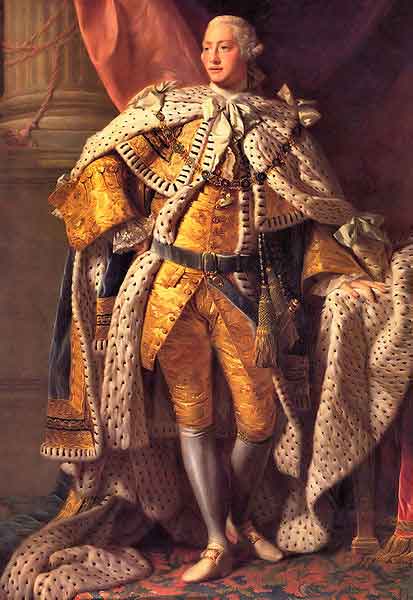The Declaration of Rights and Grievances was made by the First Continental Congress in October 14, 1774. They decided that it is best to let the then King of England, King George III, to hear out the simple Colonists that are much affected by the laws passed, and approve the Declaration to make life easier for the colonies in America. The Declaration was made in response to what is known by the British as Coercive Acts, and what is known by the Colonists as the Intolerable Acts.
Response, not Reply
Intolerable Acts include: the Boston Port act, which shut down the port of Boston in response to an incident called the Boston Tea Party. The Massachusetts Government Act, which was passed to abolish all legal members of the government of Massachusetts and replace them by representatives appointed by the King; it also forbade any meeting that is supposed to consist of any town members.
The Quartering Act forced Colonists to provide shelter, food and protection to any British soldier who might need it, all of these without compensation for the American. The Administration of Justice Act, which gave the governor of Massachusetts the authority to remove trials and gave authorized people to act free from the fear of prosecution; and lastly, the Quebec Act, which restored the French civil laws.
Aside from intolerable, the coercive acts were considered cruel and unjust to many people. In a meeting on September 7, 1774, the Congress decided that there should be two duly appointed officials from every colony to represent the whole of the colony in the legal process of giving consent to a law or an act. This would make sure that every law implemented and every tax imposed isn’t too difficult for the Colonists, and that the Congress would have power in the laws.
Continental Association
The Articles of Association, also known as the Continental Association, was drafted in October 14, 1774, and it was the document that was meant to be sent to the King. Protest and boycott became the Article’s underlying message. It was also meant to protest the Stamp Act. The Stamp Act was passed to place a tax on all written documents made in America.
The British thought about the Stamp Act to revive their nation of the wealth stripped off by many lost wars. The phrase “no taxation without representation” has been one of the most famous at the time. The Colonists felt that, as British colonies, they should also have the rights of Englishmen as if they were born in the realms of England.
The Declaration of Rights and Grievances had made the colonies uneasy, and it was because of the realization that they could fight for their rights. Without severing the allegiance between the colonies and Britain itself, the Articles of Association was made to improve and alter the policies and the laws for the colonies, especially those that are considered unlawful, unjust and cruel. These Intolerable Acts were one of the reasons why the Colonists ultimately revolted in the American Revolutionary War.
